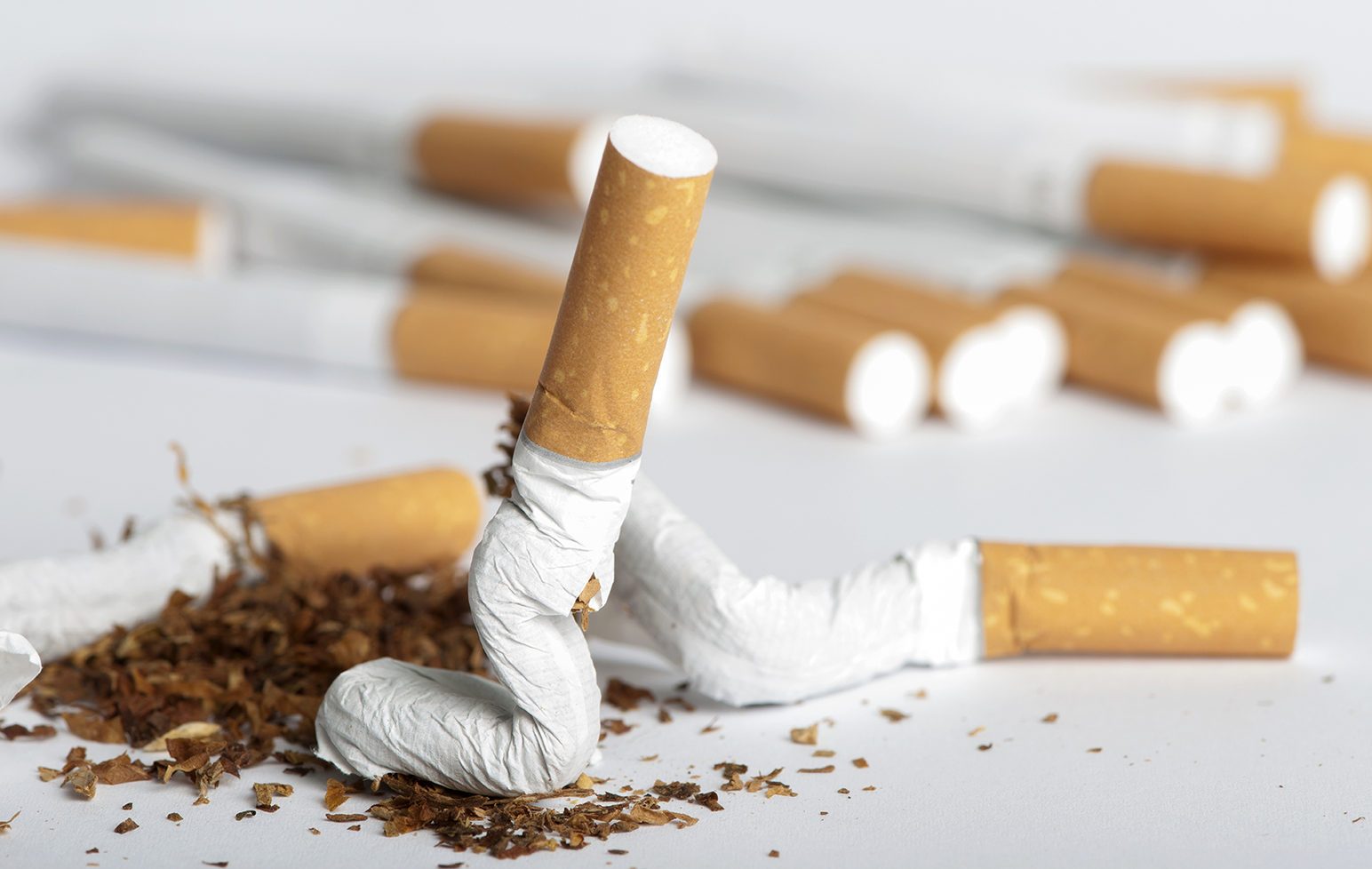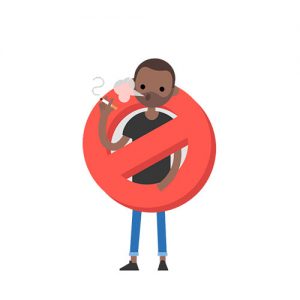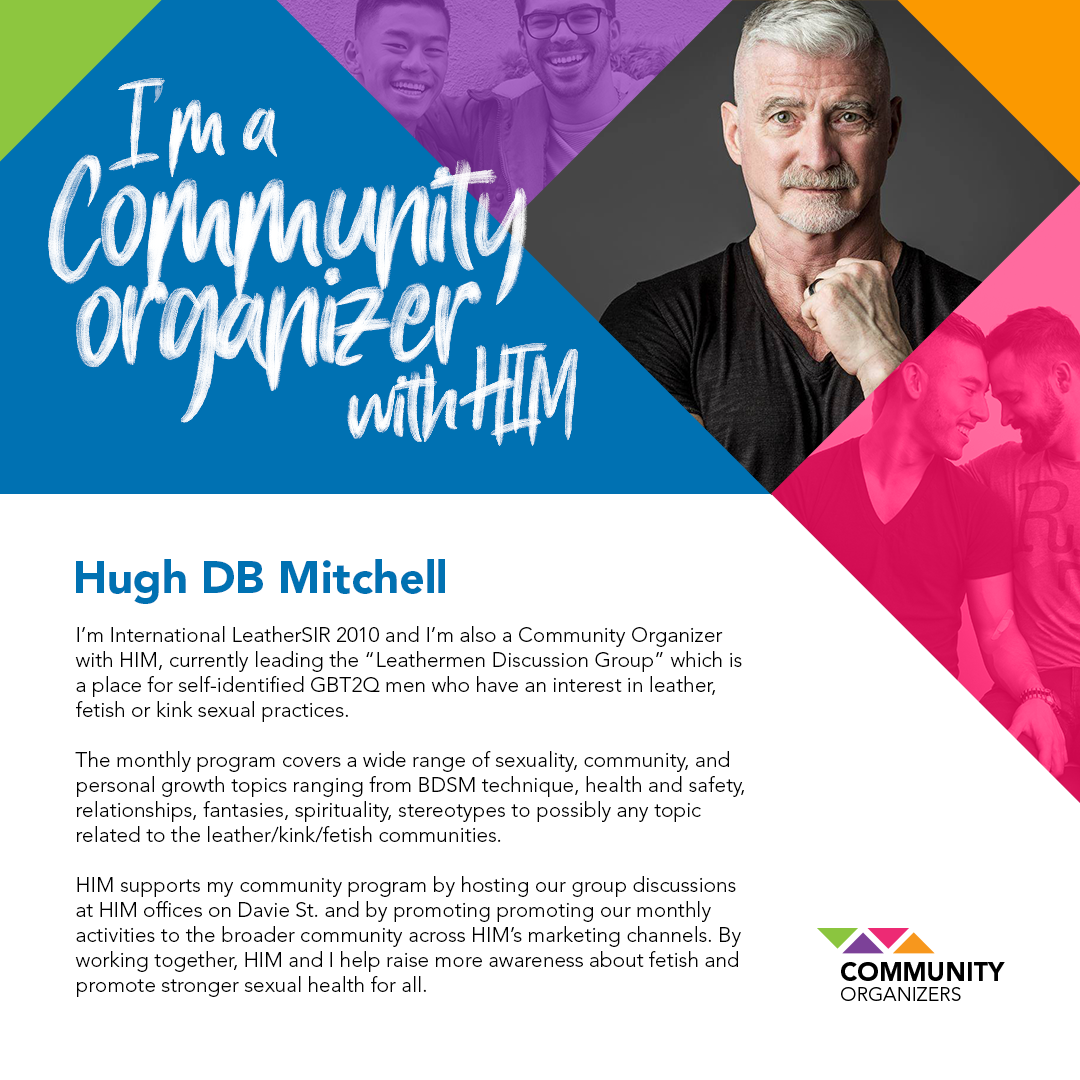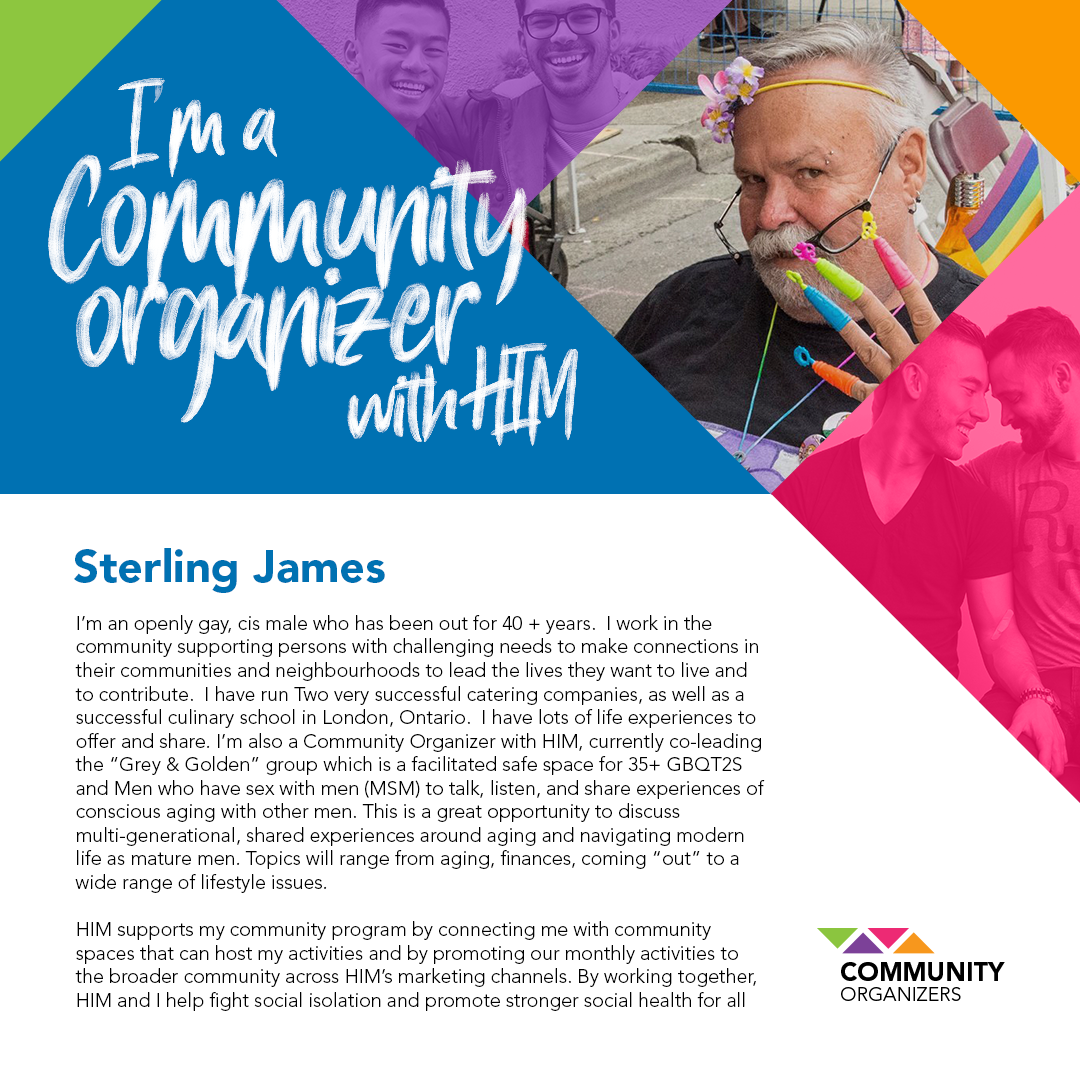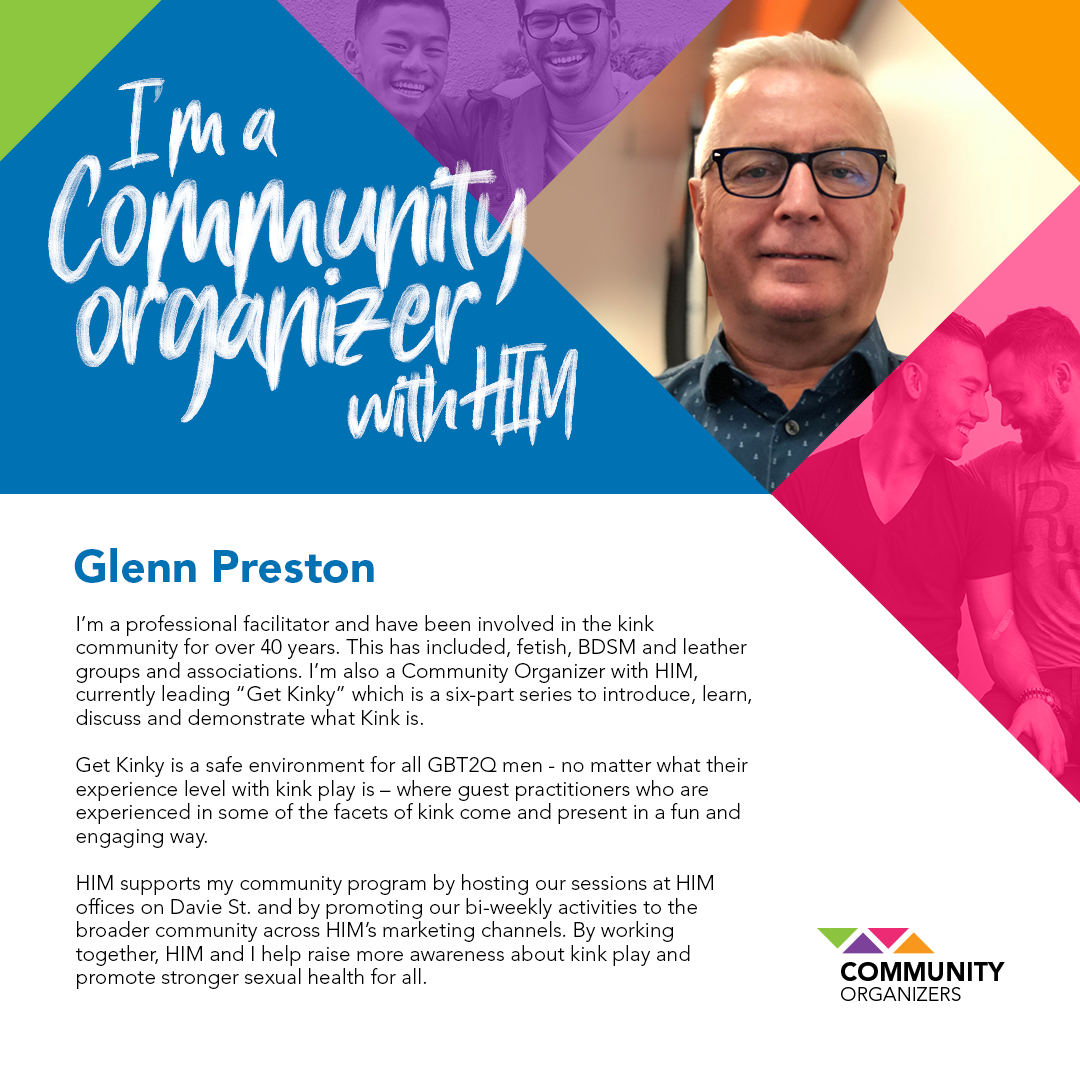Think About It
- Do some reflection and try to understand why you smoke.
- Consider the positive and negative ways that quitting could impact your life.
- Make a ‘pros and cons’ list.
- Read the articles on this resource and consider if your GBT2Q identity has anything to do with smoking.
- Think about what you want and need.
- Remember that you might not be ready for change right now, but you might want to move towards change
You are not alone! QuitNow has put together a series of helpful and interactive tools to help you plan your quit smoking strategy. HIM offers counselling programs designed to help you with your goals, and if you think that having someone to talk to about stress, anxiety and managing cravings you might consider checking out Take Time for Your Mind and sign up for a program that works for you!
Know What to Expect
Your body has built up a strong desire for nicotine. You will begin to feel deprived of that nicotine when you stop smoking. You might feel anger, sadness, or even have headaches. You might be more hungry, or horny as your body searches for something else to replace the cigarette with. Withdrawal symptoms will be the strongest during the first few days, but it’s important to know that these symptoms can sometimes continue for up to a month. After quitting, cravings often become further and further apart and get weaker each time. Your doctor can suggest ways to control these cravings, and finding some love and affection can go a long way!
What Will I Do Now?
Stress is a part of life and right now smoking might be your best way of coping with it. Once the cravings slow down, you’ll find that there are other ways to coping with stress. Start trying out alternatives next time you’re stressed. This might include taking up a new hobby, talking with a partner or friend, getting exercise, make time for a relaxing bath, going for a walk and even meditation.
Concerns About Weight Gain
It’s commonly thought that quitting smoking makes us gain weight. Not everyone who quits puts on weight, though some do. Nicotine raises your metabolism so when you quit, your metabolism may slow down until your body get back to normal. Smoking also suppresses your appetite and when you quit you may feel stronger, more intense hunger pangs. Food can also become a substitute for smoking or even a distractor to help cope with cravings. Being prepared for these changes in your metabolism and choosing healthy food options or seeing a dietician could help you to make the changes you need to make without gaining weight that you might not want to gain.
New habits
Nicotine is highly addictive, and when you start quitting smoking you are likely to experience withdrawal from nicotine, and this might be very uncomfortable. In addition to this, you may find yourself having strong urges when you are in a certain environment, or participating in an activity. These activities and environments have become linked to smoking and could be considered triggers. These triggers can make quitting extra difficult if you don’t know what to watch out for. Some common triggers are:
- Alcohol
- Stress
- Being around smokers
- Drinking coffee
- Meals
- Breaks
- Watching TV and other media
- Sex
- Talking on the phone
- Driving
- Attending parties
Think about making a list of the behaviours, locations, and activities that might be triggers for you, and talk to your friends, family, online community and/or counsellor about how to best manage them. To learn more about triggers, click here

